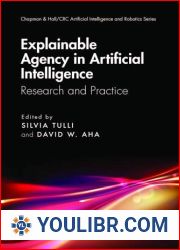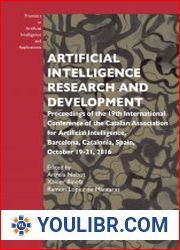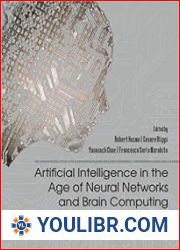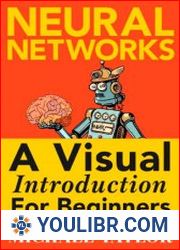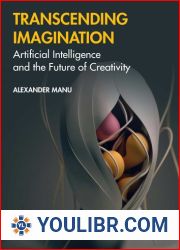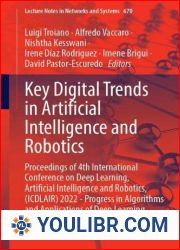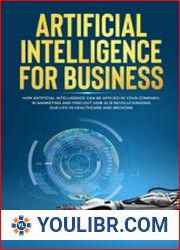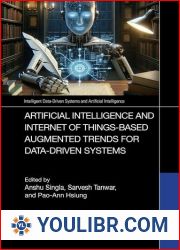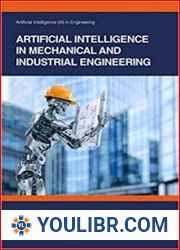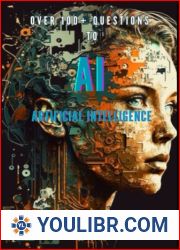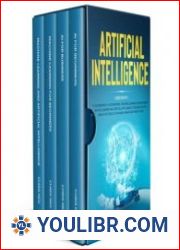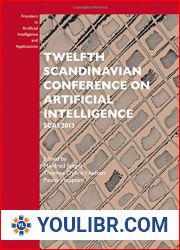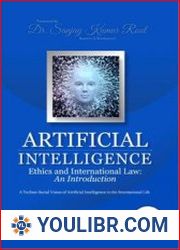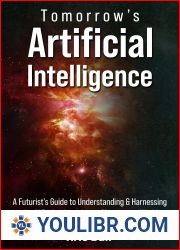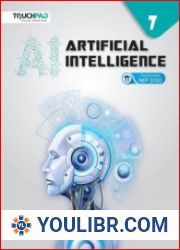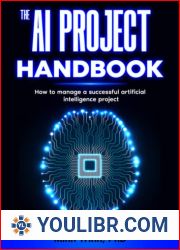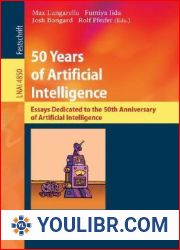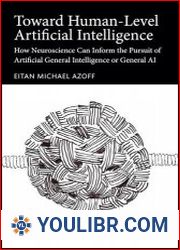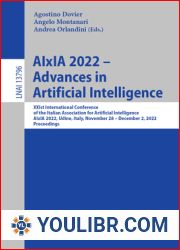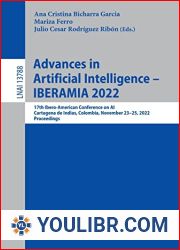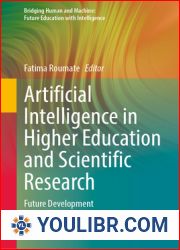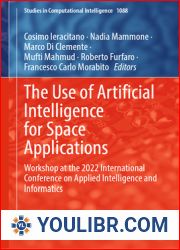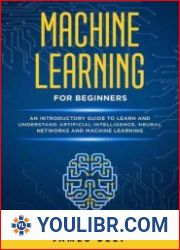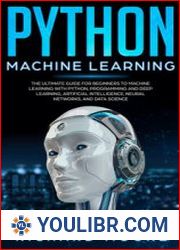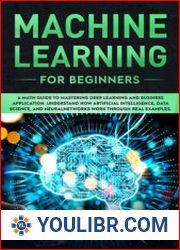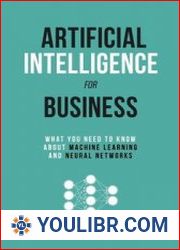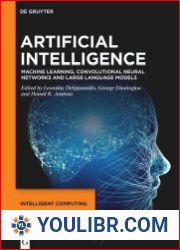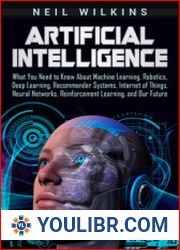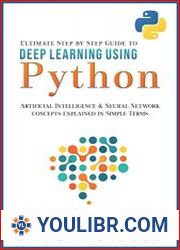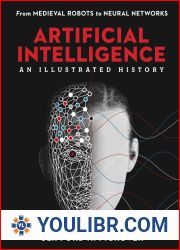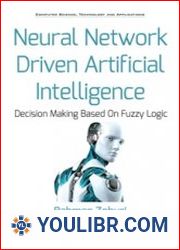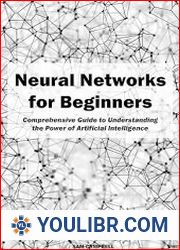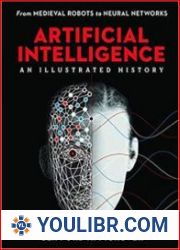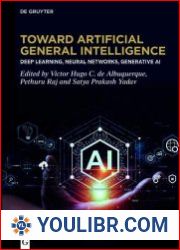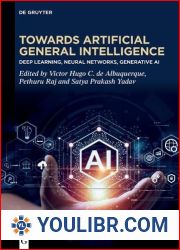
BOOKS - Artificial Intelligence and Brain Research: Neural Networks, Deep Learning an...

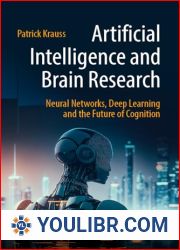
US $5.71

126437

126437
Artificial Intelligence and Brain Research: Neural Networks, Deep Learning and the Future of Cognition
Author: Patrick Krauss
Year: July 13, 2024
Format: PDF
File size: PDF 17 MB
Language: English
Year: July 13, 2024
Format: PDF
File size: PDF 17 MB
Language: English
How does Artificial Intelligence (AI) work and are there parallels to the human brain? What do natural and artificial intelligence have in common, and what are the differences? Is the brain nothing more than a biological computer? What are neural networks and how can the term Deep Learning be explained simply? Since the cognitive revolution in the middle of the last century, AI and brain research have been closely intertwined. There have been several spectacular breakthroughs in the field of AI in recent years, from alphaGo to DALL-E 2 and ChatGPT, which were completely unthinkable until recently. However, researchers are already working on the innovations of tomorrow, such as hybrid machine learning or neuro-symbolic AI. But what does this actually mean? Based on current research findings and exciting practical examples, this non-fiction book provides an understandable introduction to the basics and challenges of these fascinating disciplines. You will learn what neuroscience and psychology know about how the brain works and how artificial intelligence works. You will also learn how AI has revolutionized our understanding of the brain and how findings from brain research are used in computer science to further develop AI algorithms. Discover the fascinating world of these two disciplines. Find out why Artificial Intelligence and brain research are two sides of the same coin and how they will shape our future. Recently, Artificial Intelligence (AI) and Machine Learning have been making their way into more and more areas, such as medicine, science, education, finance, engineering, entertainment, and even art and music, and are becoming ubiquitous in twenty-first-century life. Many of the algorithms, design principles, and concepts used in AI today, such as neural networks or the aforementioned reinforcement learning, have their origins in biology and psychology. Therefore, neuroscience lectures are becoming an integral part of courses such as Computer Science or Artificial Intelligence at more and more universities.







